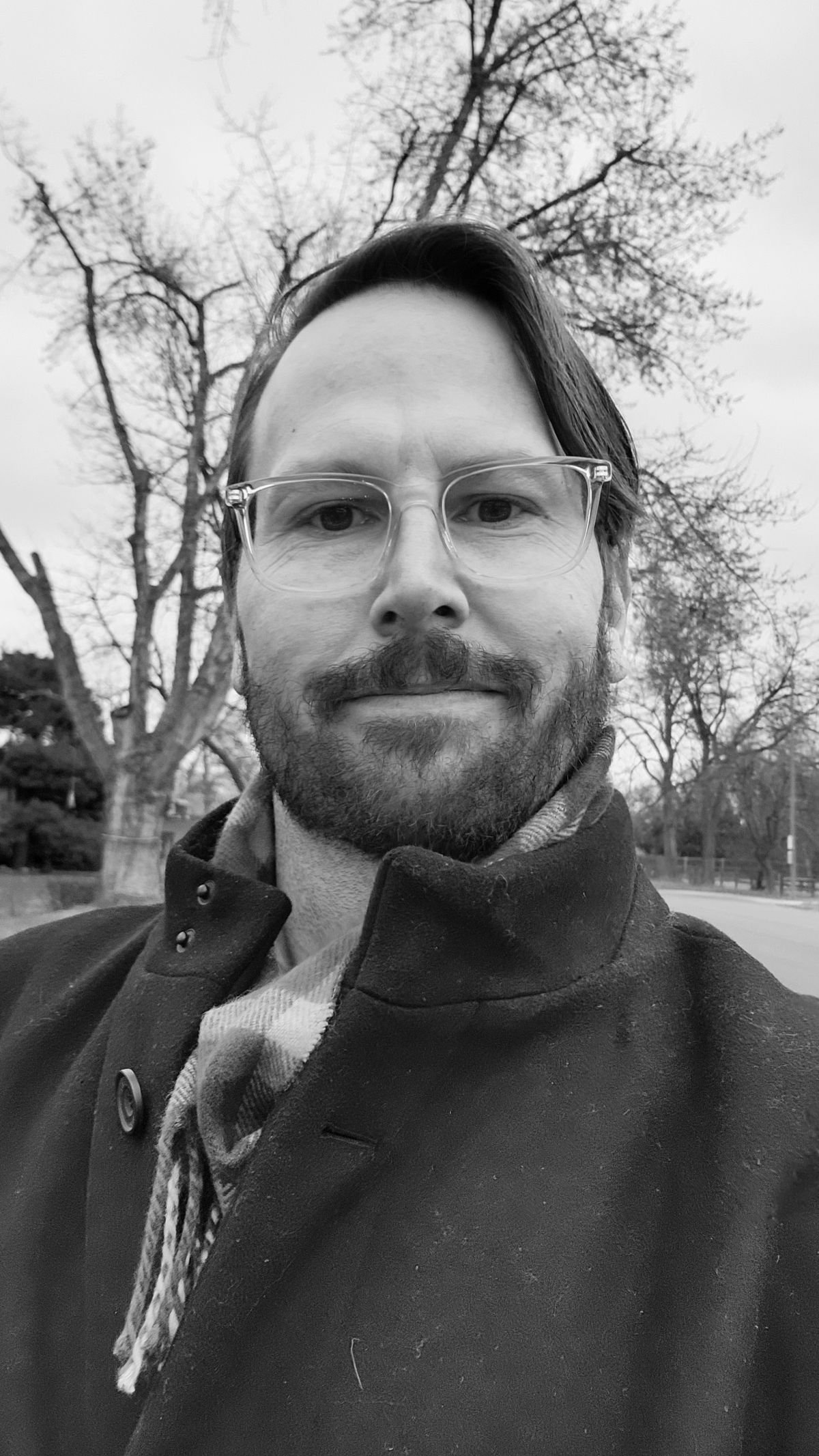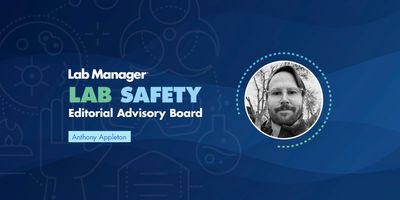Communication and Collaboration: The Keys to Effective Lab Safety Culture
Discover the benefits of a safety-first approach in laboratories from Lab Manager’s safety editorial advisory board member, Anthony Appleton
Laboratory safety isn't just about preventing accidents—it's about enhancing the quality of research. A well-maintained, safe laboratory environment leads to more efficient and reproducible results, ultimately saving time and money. Here, Anthony Appleton, PhD, research safety culture coordinator at Colorado State University and member of Lab Manager’s safety editorial advisory board, speaks about how fostering a safety-first mindset can elevate your lab's performance and innovation.
Q: What do you wish more people knew or understood about laboratory safety?
A: Laboratory safety will make your research better. When a lab operates under “clean and safe” conditions their research will be efficient and reproducible, which translates into spending less time and money per measurement of success (i.e. publication, patent, etc.).
Q: What’s the biggest lab safety-related lesson you’ve learned in your career so far?

A: There is so much to learn from those that support your research. The wealth of knowledge inside every environmental health and safety unit, committee, and building management team is an untapped source of research methodology. They have experience conducting research within the rules you will follow and locations you will operate. Why reinvent the wheel?
Q: What does a day in the life look like for you as a safety culture coordinator?
A: First is coffee. Check email and double check today's schedule. Most encounters with researchers and research support are scheduled, which is not by accident. A safety culture program does not respond to emergencies nor show up unannounced. This type of program succeeds by earning an invitation.
Second is to be flexible. Research schedules change all the time. Be ready to promote research support and safety culture to your audiences whenever and wherever is best for them.
Finally, research is dynamic and innovative, so too must be research safety culture support. The best way to accomplish this is to be an avid learner of the research support at your institution. This makes a safety culture program capable of connecting the necessary dots for a researcher to conduct the best possible version of their work.
Q: What advice can you give someone looking to establish a better culture of safety within their laboratory?
A: Invite other researchers into your space. You know which labs you want to emulate, and which researchers are respected. Ask them to give a short talk or presentation. Researchers love to talk about themselves and their work. Ask them to discuss research support and how interacting with these various support units have improved their research. Peer-to-Peer interactions have the ability to improve safety culture faster that support-to-researcher interactions.
What do you enjoy doing outside of work?
A: I am a news junkie. All news, all the time. I love the overwhelming information age we live in because you are just a few keystrokes from learning anything. I also enjoy collecting art, books, and vinyl records. To be sure, cooking for friends and family brings me the greatest joy.
Anthony Appleton is a reformed researcher with a B.S. from the University of Miami, a PhD from Georgia Institute of Technology, and was a Camille & Henry Dreyfus Postdoctoral Fellow in Environmental Science at Stanford University. After co-authoring 20 peer-reviewed articles and the report “Advancing Safety Culture in the University Laboratory,” Anthony has held various roles inside academia. His focus has become improving the relationship between researchers and those supporting research. His work launching the Research Safety Culture Program at Colorado State University has resulted in multiple national awards related to innovation and marketing strategies.


